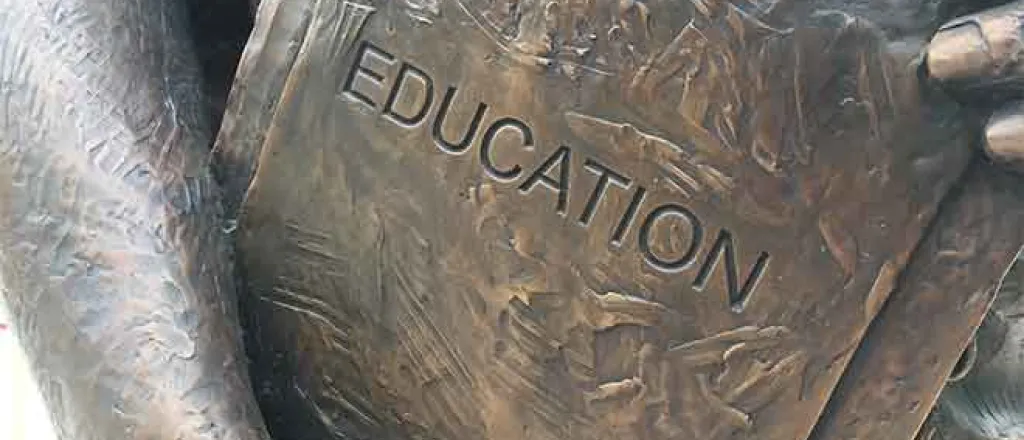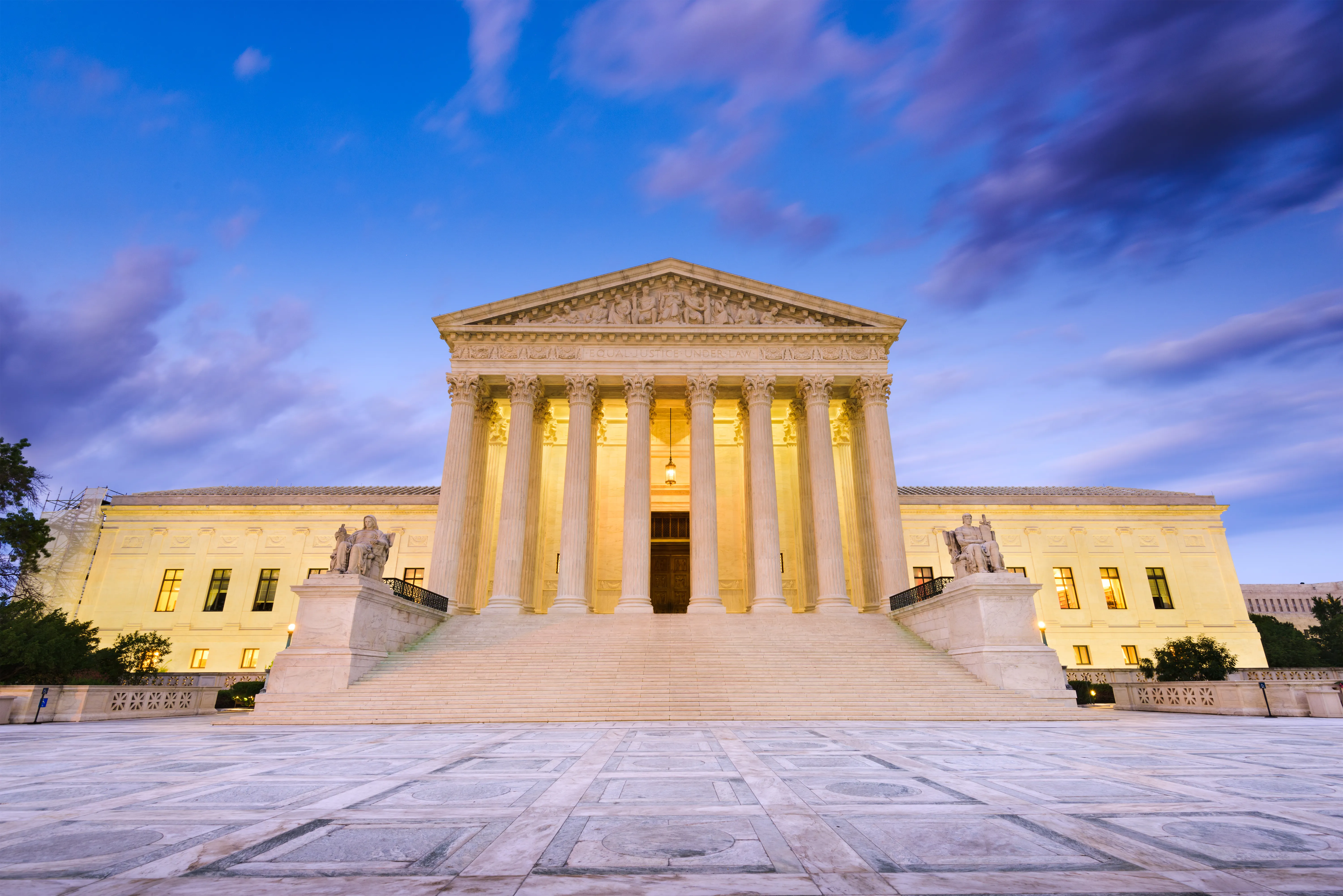
Teacher retention initiative looks into why Kansas teachers don't want to stay
(The Center Square) – Some Kansas education organizations are pooling their resources to fund research into the state’s education workforce retention problem.
The Kansas National Education Association (KNEA), Kansas Association of School Boards, United School Administrators Kansas and Emporia State University (ESU) have provided funding to researchers to conduct a survey and deliver a state and district-level report to determine why educators aren’t sticking around.
Called the Kansas Teacher Retention Initiative, the research is led by Bret Church, associate professor at ESU, and Luke Simmering, an independent consultant and industrial psychologist.
The numbers around teacher retention are pretty daunting, Simmering pointed out.
Kansas reported teacher vacancies are up 63% this year, according to Simmering. He added they have a general understanding of what is causing the shortage: More teachers eligible for retirement choosing to do so now, many choosing new careers, and fewer college graduates choosing education. What they really want to know is why.
“It’s really understanding the mentality or the reasons why [educators] might leave or why they’re choosing a different profession, why they’re wanting to just completely get out of education all together to do something else,” Simmering said.
Church said their focus is on engagement and looking for ways to make education a more attractive profession in which to stay.
“We have components that are focused on factors that would relate to satisfaction for teachers,” he said in reference to the survey. “We have a section that is focused on engagement questions like an engagement index, and then we also have a section focused on their future plans: Will they be retiring? Will they be leaving the district? Leaving the profession? Going into administration? Things of that nature so we can assess the current state of teacher retention.”
Districts can participate in the survey, which takes 10 minutes and is anonymous, through Nov. 19, after which Church and Simmering will compile data into reports, first for the state and then districts.
One of their goals is to make sure they are hearing from actual teachers, Church said.
















